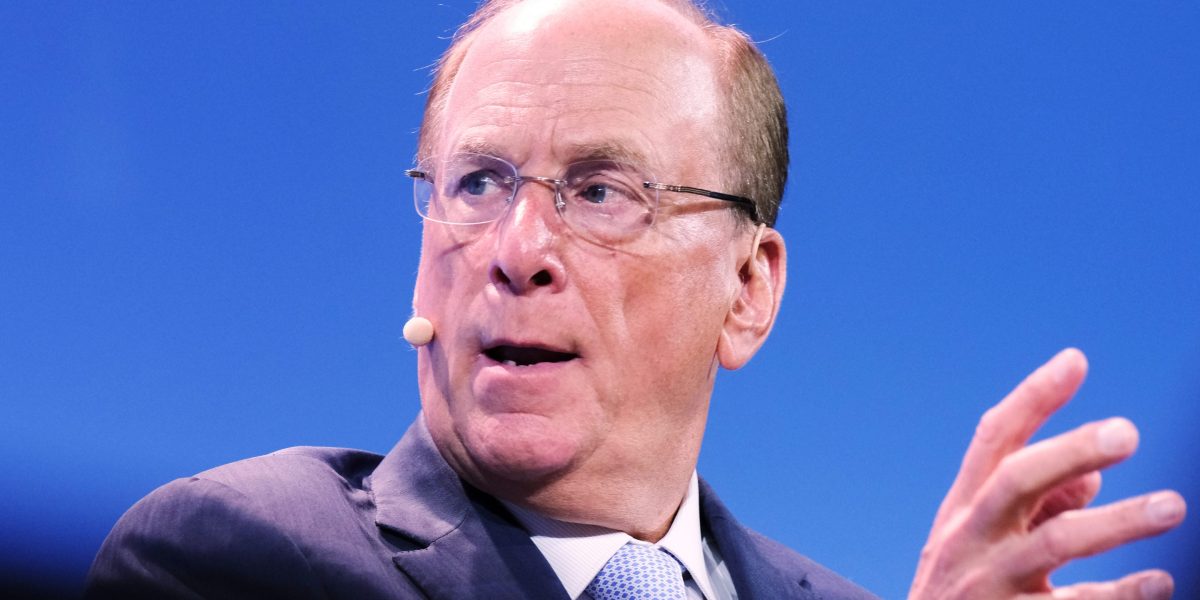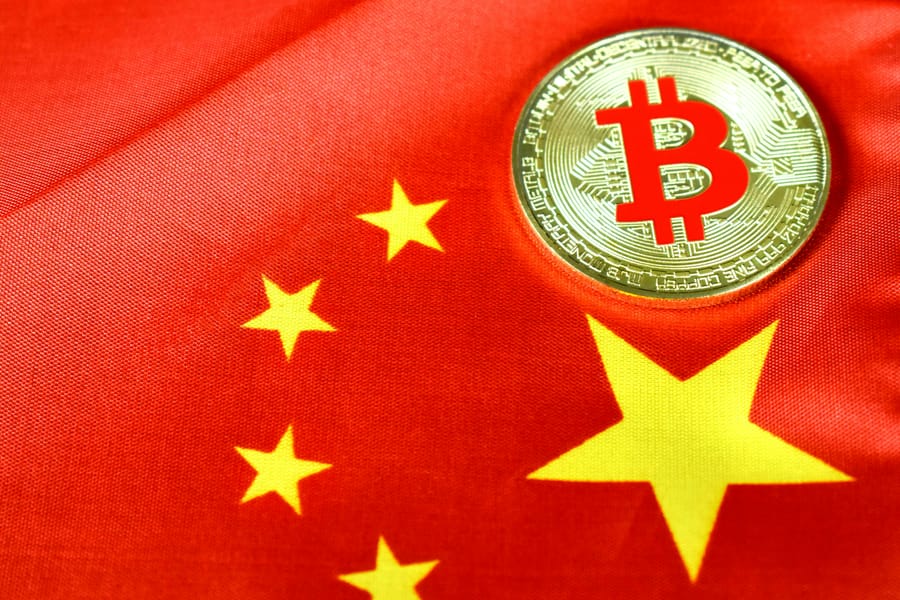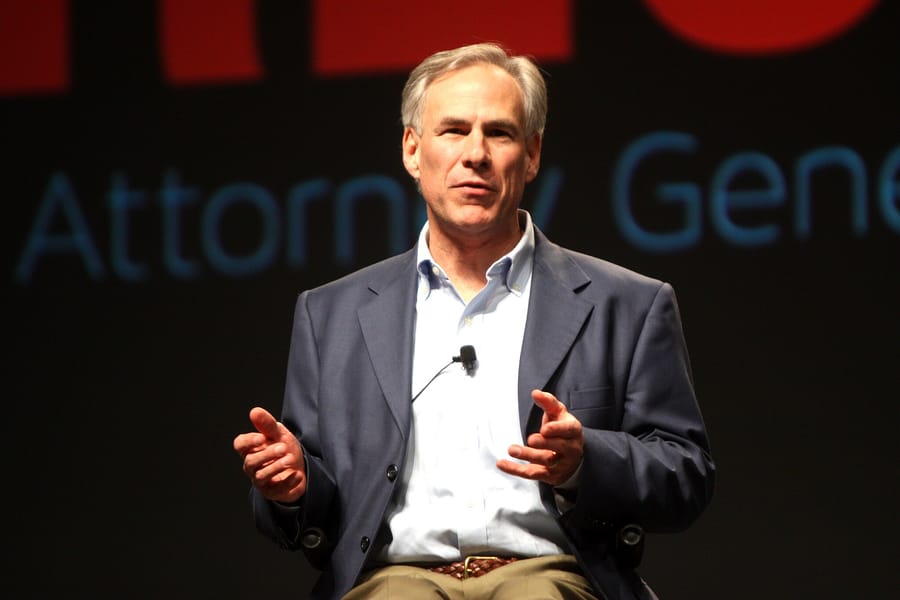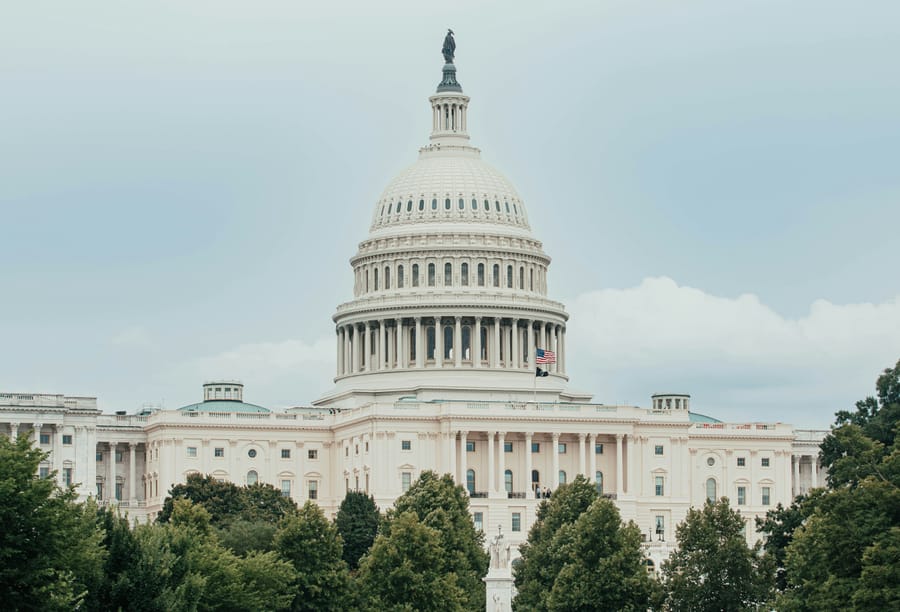In his 2025 shareholder letter, Larry Fink, CEO of BlackRock, cautioned that the United States’ burgeoning national debt—now exceeding $36.2 trillion—could jeopardise the dollar’s status as the world’s global reserve currency. Fink argued that decentralised currencies, such as Bitcoin, might supplant the dollar as international entities lose confidence in national currencies and seek independent alternatives.
Fink voiced these concerns at a time when U.S. interest payments are projected to surpass $952 billion in 2025. The dominance of the dollar affords the United States benefits such as lower borrowing costs and greater resilience to currency fluctuations, with 59% of foreign reserves held in dollar-denominated assets. If the U.S. fails to rein in its debt, if deficits continue to grow, America risks losing this position to digital assets like Bitcoin, Fink wrote in his letter. Since 1989, when the debt clock was launched in Times Square, the national debt has grown three times faster than GDP. By 2030, mandatory government expenditures and debt servicing are expected to consume all federal revenue, creating a perpetual deficit.
Fink is not alone in issuing such warnings—Ray Dalio, founder of Bridgewater Associates, recently expressed similar concerns, asserting that a national debt crisis is imminent. Fink emphasised that while decentralised finance represents remarkable innovation, this same innovation could undermine the United States’ economic advantage if investors begin to view Bitcoin as a safer bet than the dollar. This risk intensifies as rising debt and deficits make it increasingly challenging for the government to sell U.S. Treasury bonds to international investors.
Sources:
1.

2.

BlackRock's CEO Larry Fink warns that protectionism is rising as a force, impacting global financial markets and future investments.
3.

Fink highlights the resurgence of protectionism and advocates for democratizing access to private markets to bridge the wealth divide.








